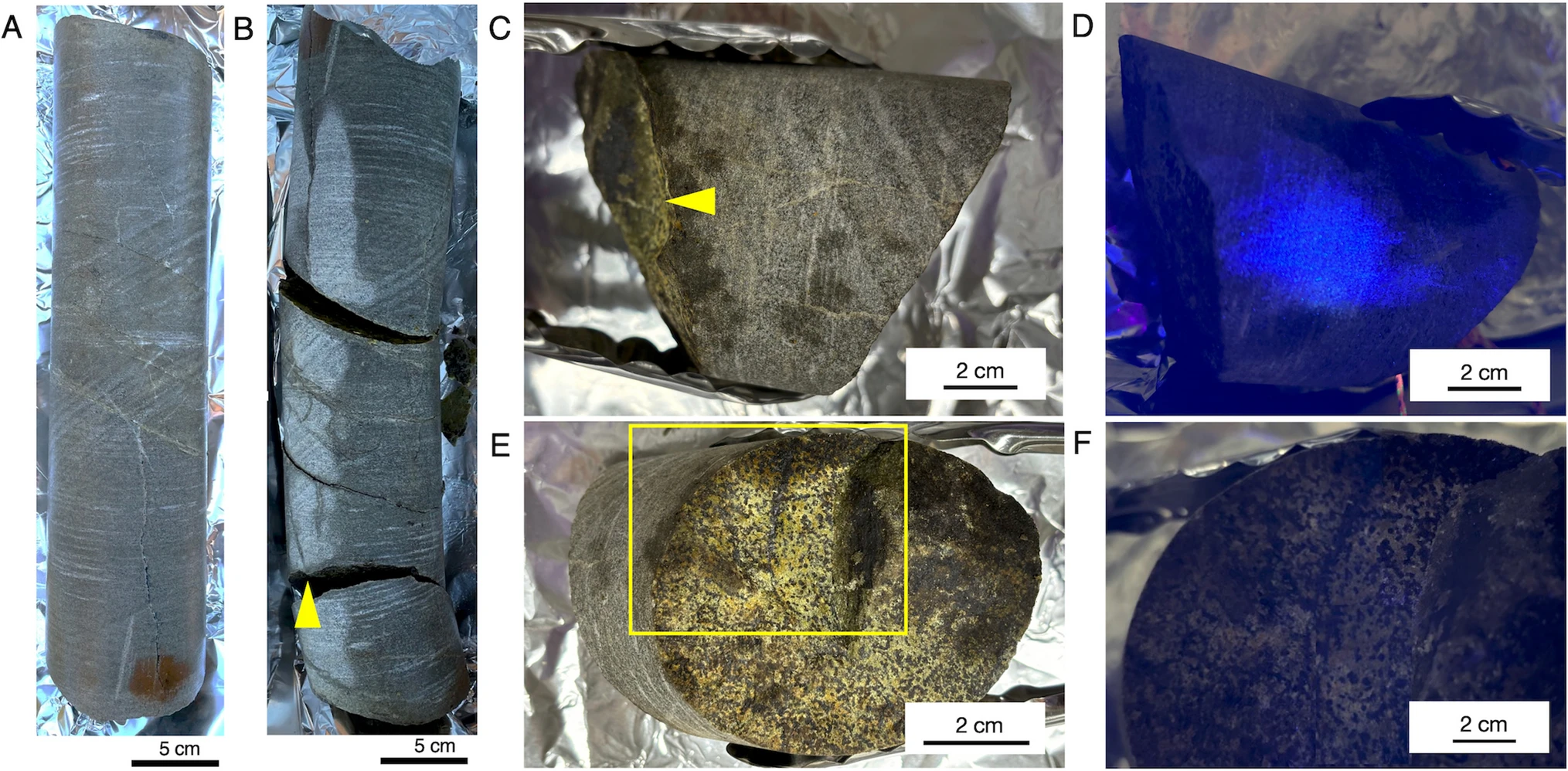BY THE OPTIMIST DAILY EDITORIAL TEAM
A historic finding beneath South Africa’s Bushveld Igneous Complex uncovered bacteria that have lived for two billion years, 1.9 billion years longer than previous records. Sealed in rock fissures almost 50 feet underground, these microbes provide vital clues to early life on Earth. Yohey Suzuki, the lead researcher, noted that the microbes were discovered in a stable habitat, implying that microbial life has been preserved for countless generations.
A major finding in ancient life
Scientists at the University of Tokyo made a surprising discovery, unearthing the world’s earliest known microbial life. The microbes, encased in two-billion-year-old rock beneath the Earth’s surface, challenge previous assumptions about the age and endurance of life on our planet. “We didn’t know if two billion-year-old rocks were habitable… so this is a very exciting discovery,” said Yohey Suzuki, the lead author of the study, published in Microbial Ecology.
The rock sample, collected from South Africa’s Bushveld Igneous Complex (BIC), has been untouched for billions of years, preserving the microscopic species therein. This discovery outdates prior records of ancient microbial life by about 1.9 billion years, providing a unique look at life on Earth during its earliest evolutionary stages.
How have these microbes survived for so long?
The BIC, famed for its huge concentrations of platinum and other ores, is a stable, untouched formation that emerged as volcanic magma slowly cooled beneath the Earth’s surface. The region’s mineral-rich environment, combined with natural fissures in the rock, created excellent circumstances for microbial life to be trapped and maintained.
These microorganisms lived in tightly packed regions within the fissures, where clay deposits sealed the cracks and escaped contamination. This singular environment enabled the organisms to sustain themselves at a glacial pace, with little to no evolutionary changes. Suzuki and his team employed modern imaging techniques—electron microscopy, fluorescence microscopy, and infrared spectroscopy—to establish that the bacteria were not pollutants but truly ancient.
Implications for life beyond Earth
While the discovery gives information on ancient life on Earth, it has far-reaching consequences for the quest for life on other planets, particularly Mars. NASA’s Mars rover Perseverance is presently investigating rocks of the same age as those that retained these ancient bacteria. Suzuki expects that the strategies used in this study will help guide future findings of life on Mars. “Finding microbial life in samples from Earth… makes me excited for what we might be able to now find in samples from Mars,” Suzuki noted.
An invigorated look into Earth’s evolution
This discovery is not only a scientific milestone for understanding early life, but it also advances the study of astrobiology. As researchers continue to analyze these ancient microorganisms they hope to learn more about life on Earth billions of years ago. Studying these species can help scientists better understand the conditions that permitted life to thrive in the past and guide future findings on other planets.
The discovery of two billion-year-old bacteria provides a remarkable peek into Earth’s biological history and opens up new possibilities for future interplanetary exploration. As scientists continue to push the frontiers of what we know about ancient life, this discovery represents a big step forward in our understanding of both the Earth’s past and the possibility of life elsewhere.
Source study: Microbial Ecology— Subsurface microbial colonization at mineral-filled veins in 2-billion-year-old mafic rock from the Bushveld Igneous Complex, South Africa











